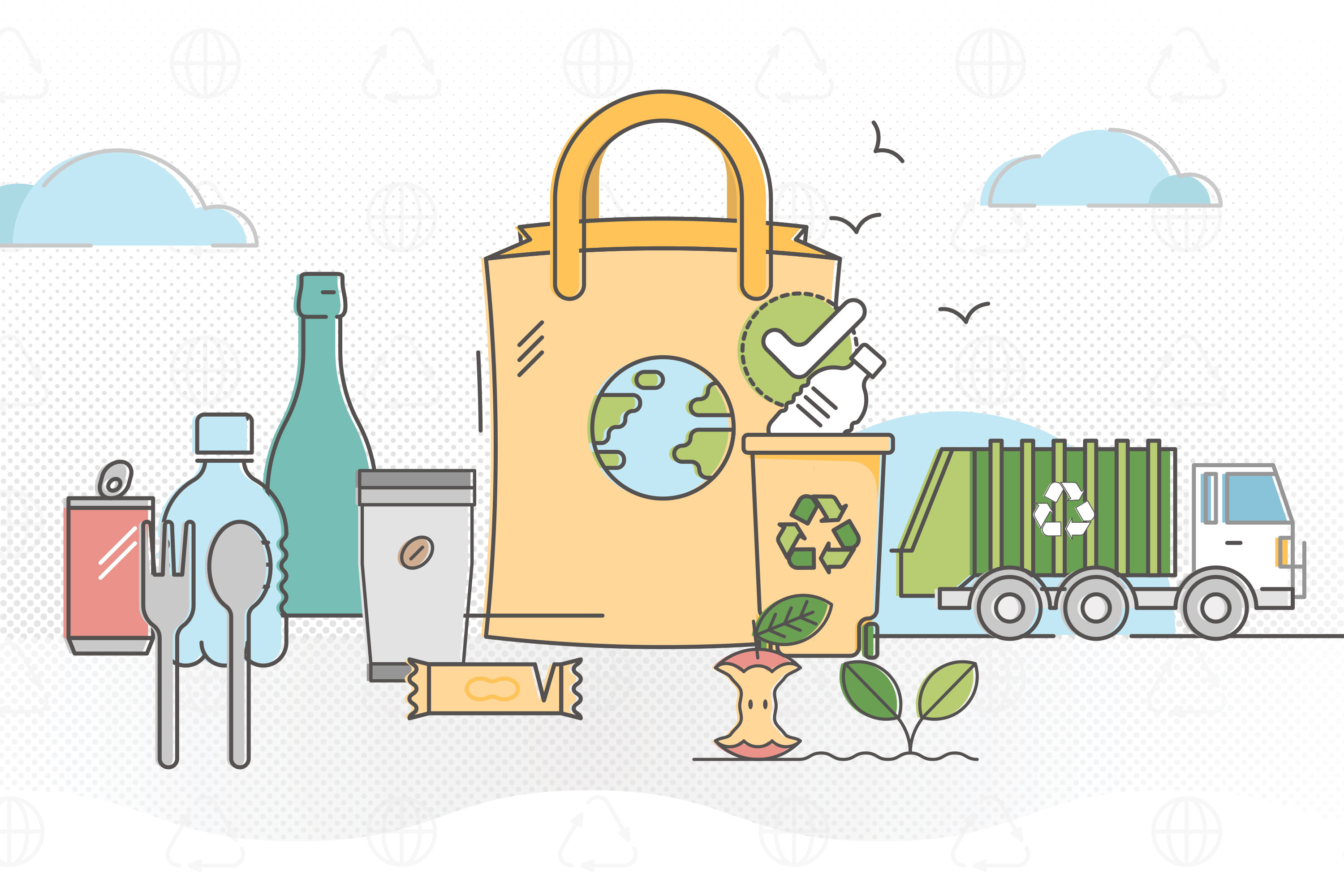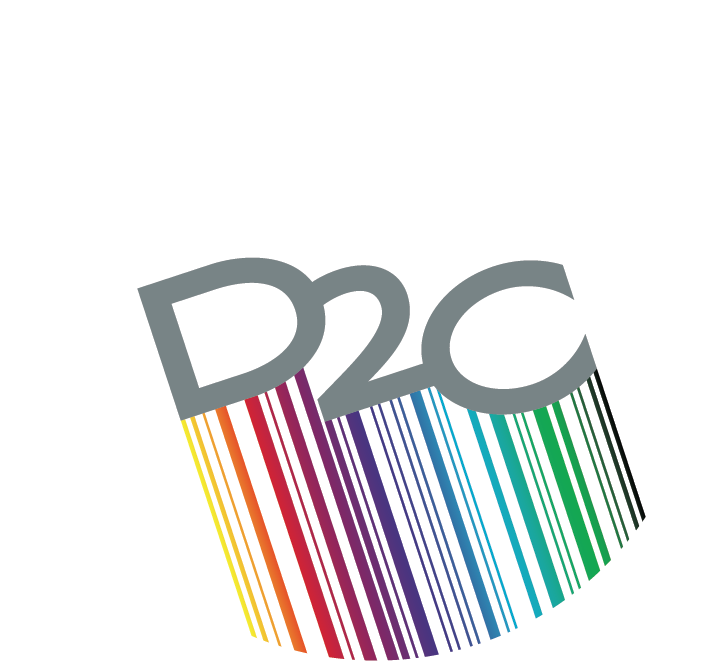Almost all in-store sampling providers use plastic. And given what we know about climate change and the effects of microplastics, it’s not acceptable. We knew there had to be a better way, so we’re doing it – we’re going plastic-free.
Going plastic-free is a big call in an industry that relies on disposable products. But we’ve come up with a solution that reduces plastic waste without sacrificing the in-store experience. And we’ll be saving 1 million pieces of plastic from going to landfill every year.
Here’s what we’re doing.

Our green solution: eliminating plastic and an end-to-end carbon neutral plan
Switching to only compostable sampling products in-store
We’ve switched to containers and spoons made from sugarcane pulp, which are compostable in 180 days, and made from reclaimed and rapidly renewable materials. And we’ve introduced wooden cutlery made from birchwood sourced from responsibly managed forests.
Joining a composting service to ensure all sampling products are converted into nutrient rich compost in less than 8 weeks.
Food residue makes recycling unviable for used plastic containers. And it’s also a big problem in itself – food waste is the third largest contributor to climate change. We’re reducing our carbon footprint through composting both our scraps and the containers and cutlery that go with them.
Across the Eastern seaboard (NSW, and VIC) we’ve registered with Composting Network for industrial composting. Within QLD, SA and WA, every brand ambassador will have their own at-home composting bokashi bin to collect the in-store food waste and sugar-cane products – ultimately converting them into a rich compost to condition their garden.
Why are we doing this?
When it comes to the war on waste, single-use plastics are well and truly under fire. And with good reason. Of the estimated 9.2 billion tons of plastic in the world, a whopping 6.9 billion tons of it is waste.
In our line of work, plastic is everywhere. We’re not too proud to admit that we’ve been part of the problem. So we’ve decided to be proactive in finding the solution.
The plastic problem for in-store sampling
When you’re just giving away small samples of food at a time, it’s easy to ignore the volume of waste produced. But look a little closer and it’s clear.
Traditional plastic takeaway containers are made from finite fossil resources. They are useful for only a matter of minutes, before being disposed of into landfill and taking hundreds of years to break down.
The same is true for plastic cutlery, and it is a major contributor to ocean plastic, harming marine wildlife and polluting the eco-system. The shocking fact is, because of its long life, every plastic spoon we use will outlive us all.
Customers expect better
There’s no getting around it – our main tools of the trade are incredibly wasteful. The majority of our activations for our clients involve offering a taste sample to consumers using a plastic spoon, fork or cup. What’s worse, the use of their sampling cup or spoon is very fleeting.
It’s in the hands of the shopper for mere seconds before it’s thrown away. This kind of wastefulness is unethical and our shoppers know it. We’re increasingly seeing our customers voice their growing concerns about our plastic use. Being so heavily reliant on plastic is not only bad for the planet, it’s bad for business.
A win for the environment and our clients
In making this important shift to compostable consumables, D2C are closing the loop on waste. We estimate we’ll be diverting 1 million pieces of plastic from landfill. It’s a big number but the maths add up. We can do as many as 10,000 shifts in a year and assuming an average of 100 samples per shift, that’s 1 million plastic cups and spoons. And it’s a win for our clients. Shoppers will be more likely to engage in-store sampling knowing their participation isn’t adding to landfill. The more engagements, the more exposure to the market our clients get.
The big picture: a totally green experience
Plastic is only part of the problem. So we’re looking at the big picture to identify all the ways we can reduce
our impact on the planet.
Green procurement
An easy way to go green is to buy green. We source
our staff uniforms and POS from local suppliers eliminating shipping and packaging. Our POS is recyclable and our primary uniform manufacturer maintains industry-leading working conditions and labour practices. They are also committed to the pursuit of sustainable solutions that reduce the environmental impact of their entire supply chain.
Eliminating clothing landfill
We’ll be closing the gap on clothing landfill by supporting the H&M garment recycling service nationwide. By doing so we’ll divert a massive 250kgs of clothing per year away from landfill. But this is just the beginning for us. We’re committed to the ongoing pursuit of greener practices as we explore other such areas as sustainable shipping and carbon offset distribution


